Balancing academic studies and personal time is essential for student success. With the demands of coursework, assignments, and exams, it's crucial to manage your time effectively to achieve academic excellence while still enjoying leisure activities. In this article, we'll explore five strategies to help you strike a balance between your studies and free time using your journal planner.
- Set Clear Goals and Priorities
Start by setting clear academic goals and priorities for the semester or academic year. Use your journal planner to outline specific objectives for each course or subject, including assignment deadlines, exam dates, and study milestones. By having a clear roadmap of what needs to be accomplished, you can allocate your time more effectively and prioritize tasks based on their importance and urgency.
- Create a Weekly Study Schedule
Utilize your journal planner to create a weekly study schedule that incorporates dedicated study sessions for each subject or topic. Block out specific time slots in your planner for studying, review sessions, and completing assignments. Be sure to include breaks and leisure activities to prevent burnout and maintain productivity. By adhering to a structured study schedule, you can make the most of your study time and avoid last-minute cramming.
- Use Task Lists and Checklists
Make use of task lists and checklists in your journal planner to keep track of your academic tasks and commitments. Break down larger assignments and projects into smaller, manageable tasks, and list them in your planner with corresponding deadlines. Check off tasks as you complete them to monitor your progress and stay motivated. Task lists can help you stay organized and focused, ensuring that you stay on top of your academic responsibilities.
- Schedule Regular Review Sessions
Allocate time in your journal planner for regular review sessions to reinforce learning and retain information effectively. Use spaced repetition techniques to review course material at intervals, ensuring long-term retention and understanding. Schedule review sessions in your planner on a weekly or bi-weekly basis, focusing on key concepts and topics covered in your coursework. Regular review sessions can enhance your understanding of the material and improve your academic performance.
- Prioritize Self-Care and Leisure Activities
Lastly, prioritize self-care and leisure activities in your schedule to maintain a healthy work-life balance. Use your journal planner to block out time for activities you enjoy, such as exercise, hobbies, socializing, or relaxation. Taking breaks and engaging in leisure activities is essential for reducing stress, improving mental well-being, and preventing burnout. By prioritizing self-care, you can recharge your energy levels and approach your studies with renewed focus and motivation.
Achieving academic excellence requires a balance between academic studies and personal time. By utilizing your journal planner effectively, you can strike a balance between your studies and free time, leading to greater productivity, academic success, and overall well-being.
Learn more: We Make the World's Best Planners & Journals | Productivity Store







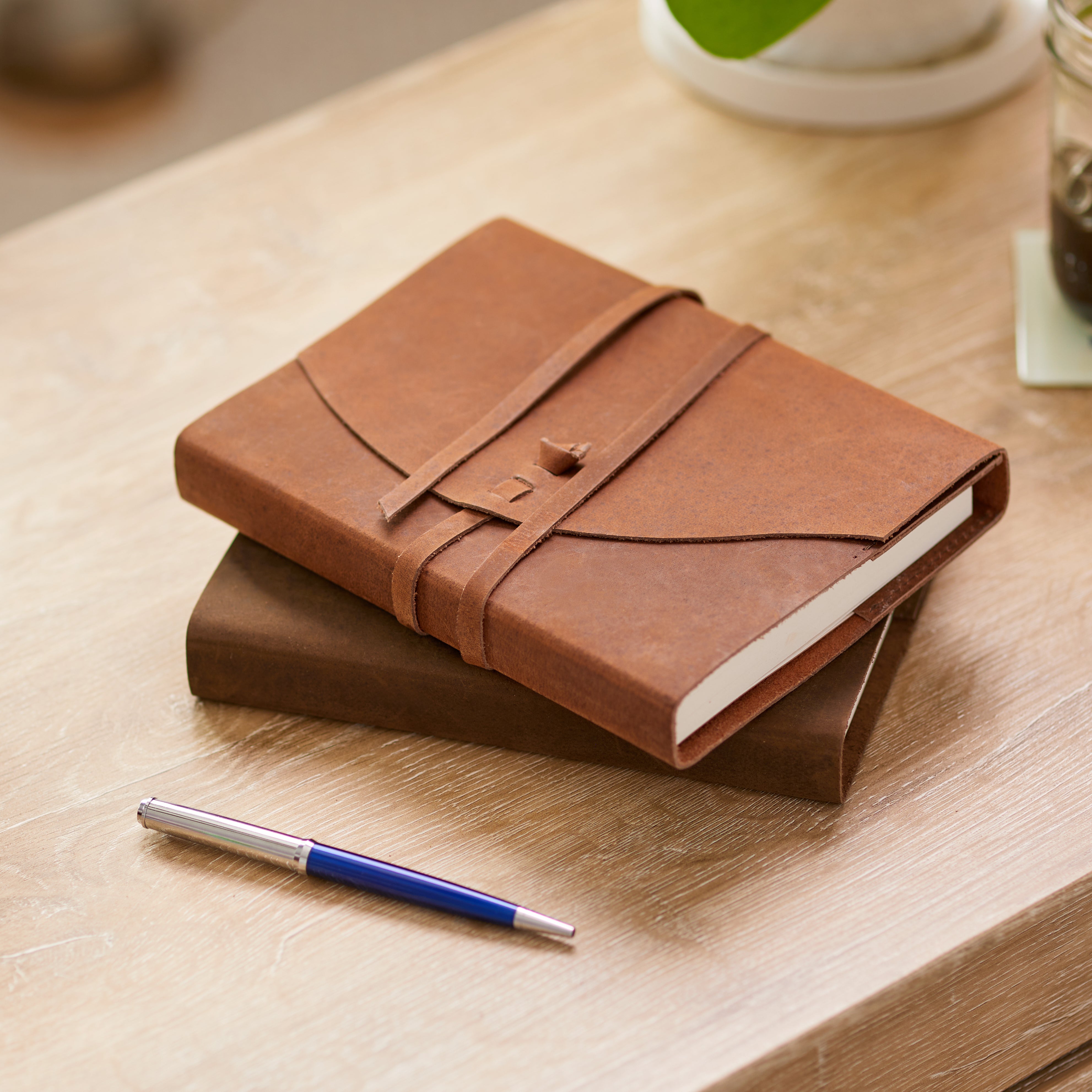


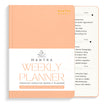



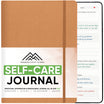
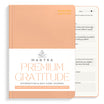
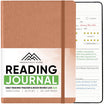

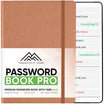




Leave a comment
All comments are moderated before being published.
This site is protected by hCaptcha and the hCaptcha Privacy Policy and Terms of Service apply.